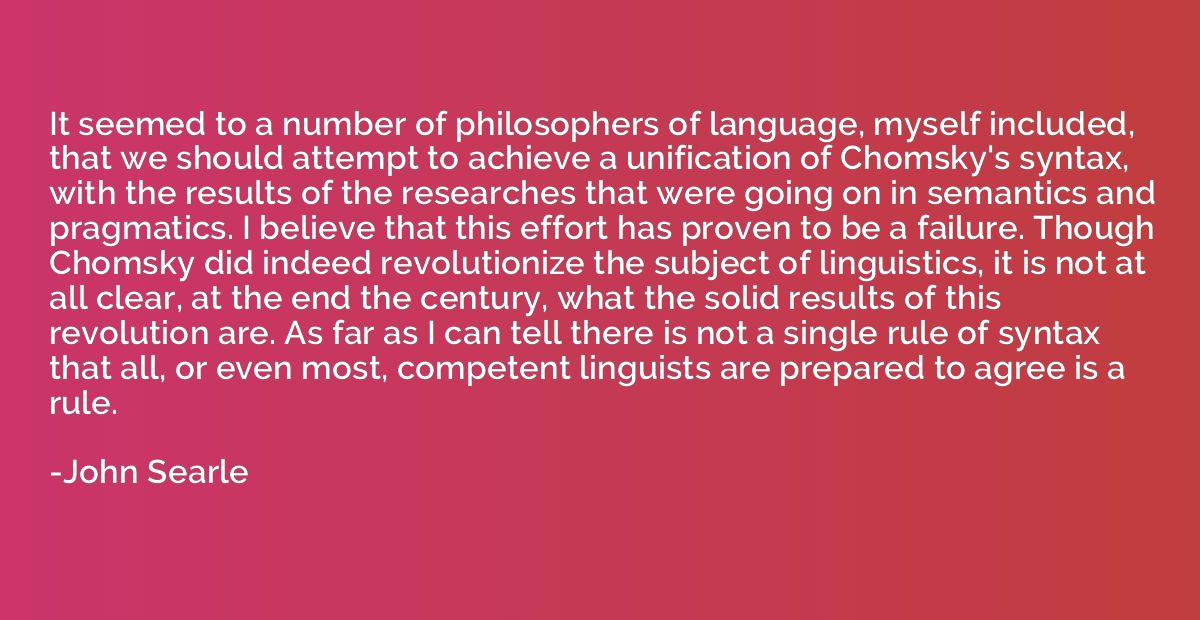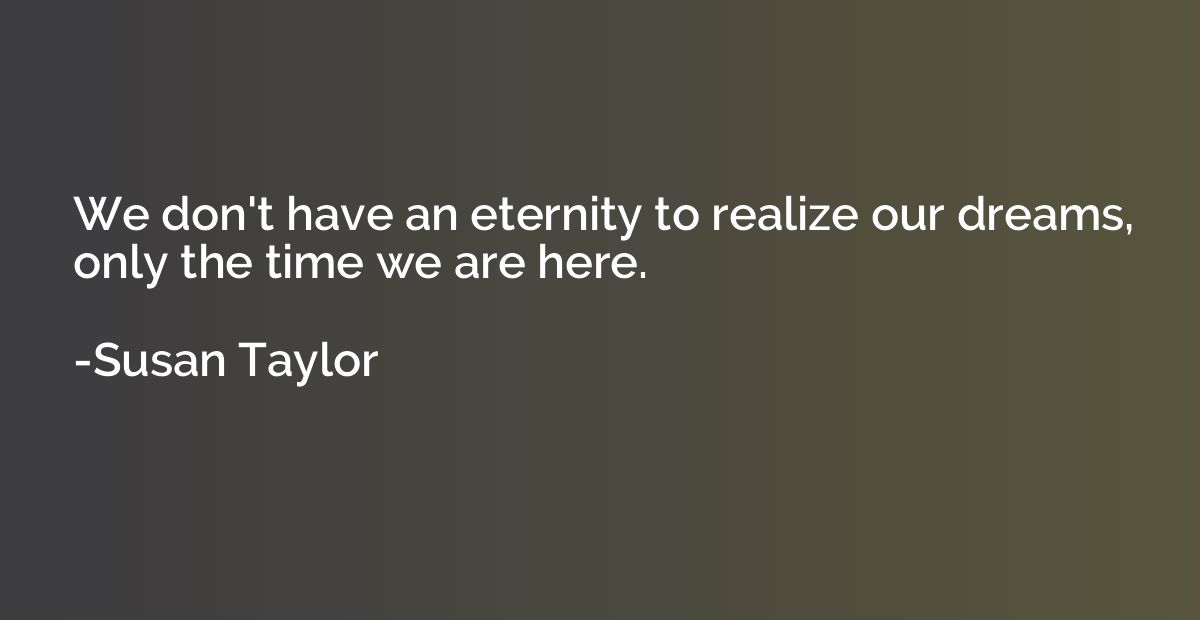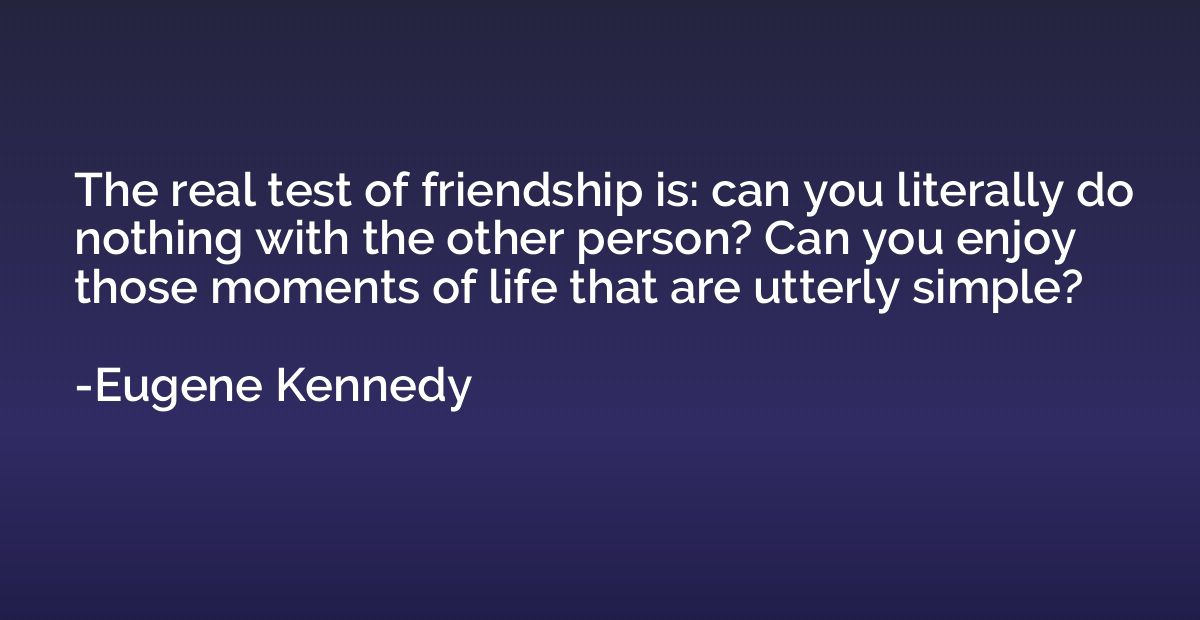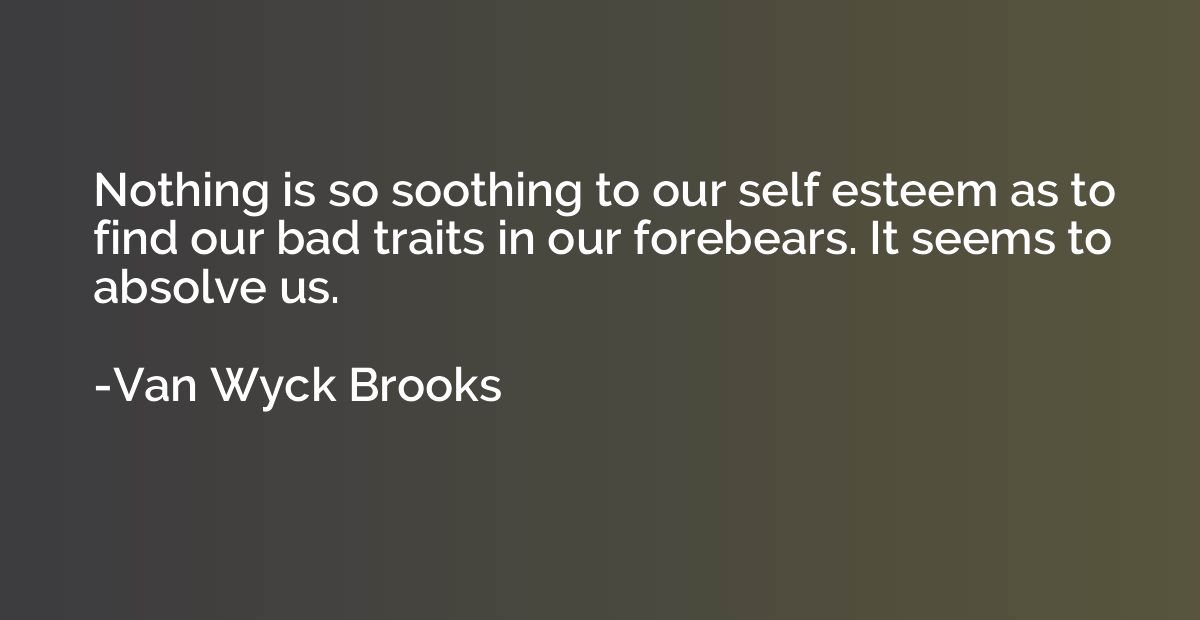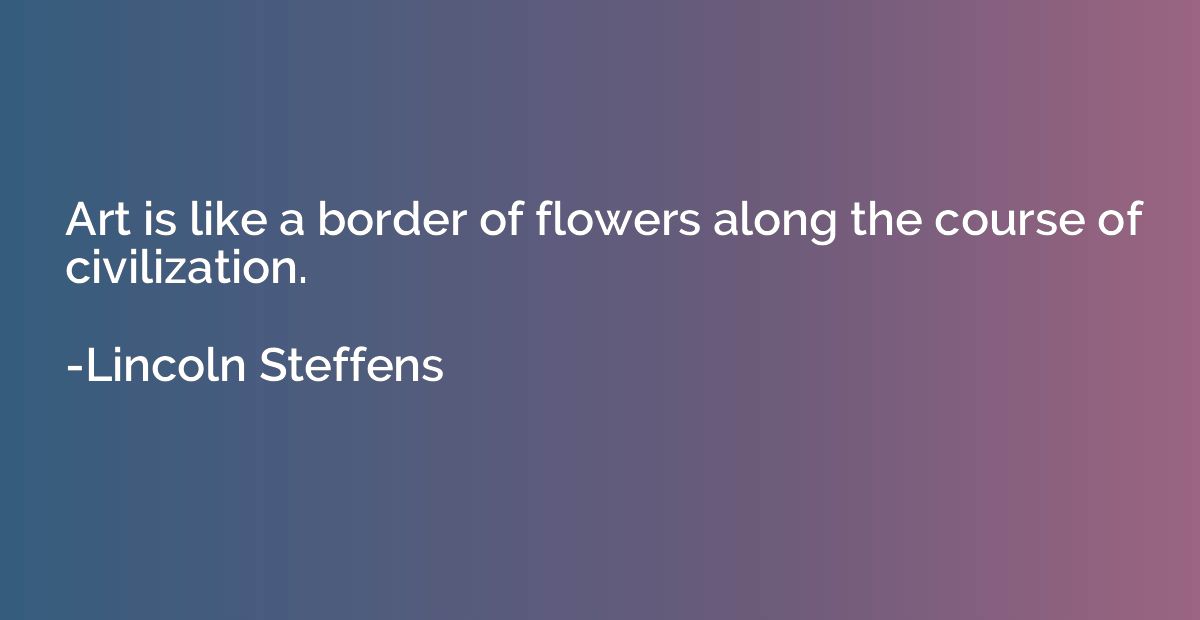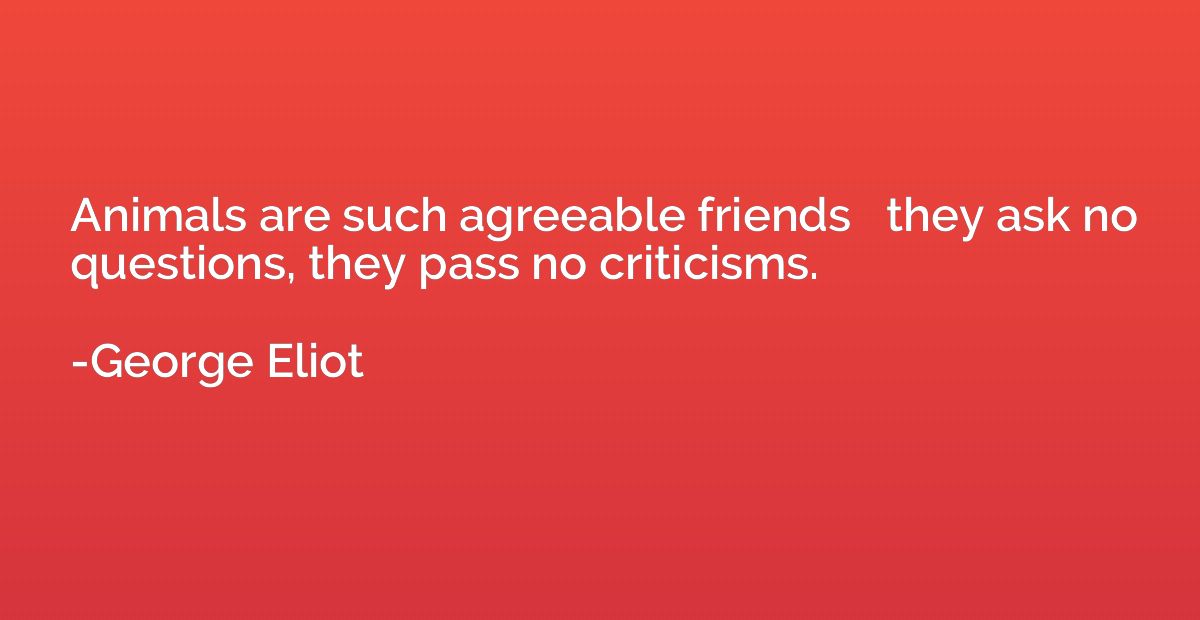Quote by Seneca (Seneca the Elder)
If sensuality were happiness, beasts were happier than men; but human felicity is lodged in the soul, not in the flesh.
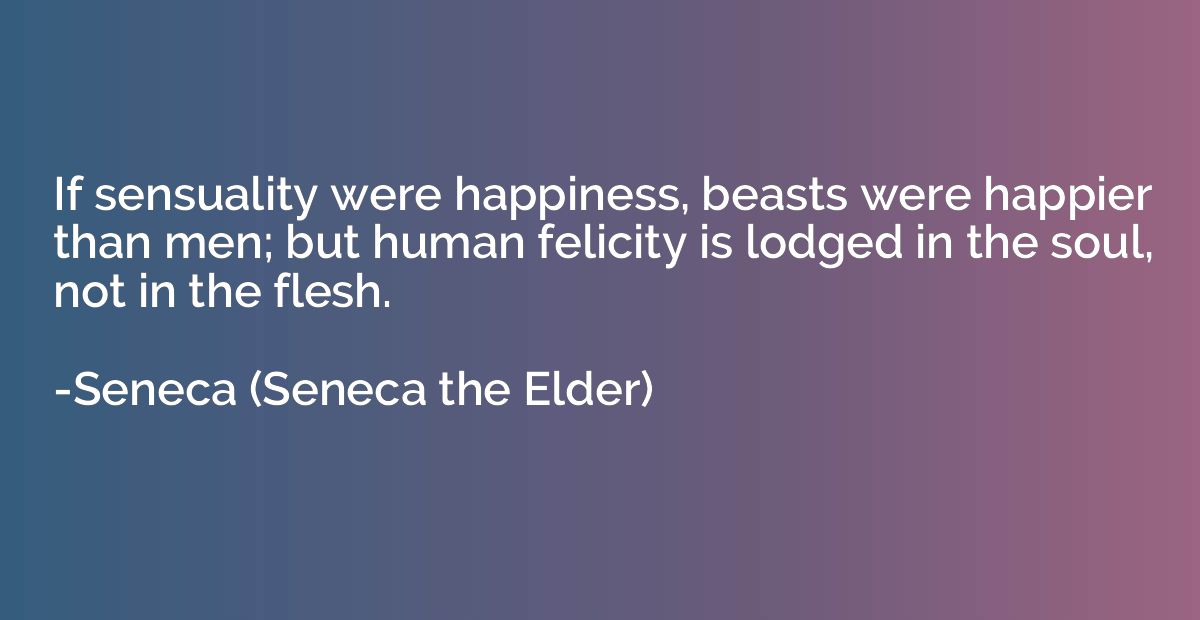
Summary
This quote suggests that true happiness for humans does not solely rely on sensory pleasures or indulgence in purely physical desires. While beasts may find happiness in their sensual experiences, human happiness resides within the soul, encompassing deeper and more profound aspects of being. It implies that humans have the capacity to experience a greater, more meaningful happiness that can be cultivated through spiritual, intellectual, and emotional fulfillment, transcending mere physical gratification.





